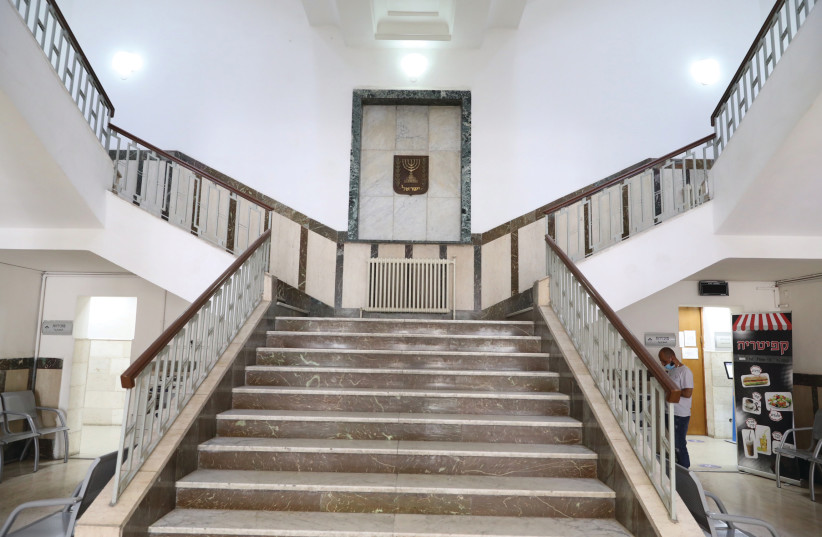The Jerusalem District Court on Tuesday dismissed a terrorism-financing, wrongful-death case brought against Arab Bank by 1,132 Israeli victims of terrorism, saying the issue already had been decided by the US judiciary.
In December 2019, the victims and their families filed the approximately NIS 30 billion lawsuit against Jordan’s largest bank for allegedly serving as a funding platform for terrorist attacks against Israel.
However, the lawsuit followed a number of other legal sagas with Arab Bank in the US court system.
One separate lawsuit filed in the US in 2004 led to a historic judgment in 2014 and an eventual $1b. in compensation in a settlement with the bank. Those victims had dual US-Israeli citizenship.
A second case by 6,000 victims, including the 1,132 Israeli victims who filed in Israel in 2019, was rejected by the US Supreme Court in April 2018 because of their not being US citizens.

Essentially, the Jerusalem District Court on Tuesday invoked the doctrine that once any court has ruled on an issue, even if it is a foreign court, plaintiffs cannot try to refile the case in another jurisdiction in an attempt to get a “second bite at the apple.”
In support of the decision, the Jerusalem District Court said the plaintiffs had tried to use Israeli law in the US courts, and yet their claim was still rejected.
Further, the court said even if the US courts had not rejected the claim, there could be problems related to the statute of limitations for the claims.
Arab Bank's operations
In response to the decision, the plaintiffs said: “It is incomprehensible that such a judgment could be handed down in Israel. The decision gives a prize to a body that financed terrorism and helped terrorists and terrorist groups in harming and murdering many Israelis.”
They vowed to appeal the decision to the High Court of Justice.
Arab Bank, based in Amman, operates some 600 branches across the globe. It is one of the largest Arab-affiliated banks in the world and is essentially Jordan’s sovereign bank.
Whereas the US lawsuit caused serious business issues for Arab Bank, which had large assets the US could reach, it is unclear what assets Israeli courts might have been able to reach had the case gone forward.
Even the successful US case was delayed for years due to the positive US-Jordan relationship. It is unclear what position the Israeli government might have taken if the case had gone forward, being that it also has a delicate relationship with Jordan.
The suit claimed that the bank had used funding and logistics to actively supported terrorist attacks against Israel from 1995 through 2005 that were carried out by Hamas, Palestinian Islamic Jihad, Fatah and other Palestinian terrorist organizations.
The attacks mentioned in the suit include the 1995 suicide bombing at Beit Lid junction, which claimed the lives of 22 Israelis; a series of suicide attacks against buses that killed scores of Israelis; the 1996 suicide attack outside Dizengoff Center in Tel Aviv that killed 13 people; and the 2002 Passover night bombing of the Park Hotel in Netanya that killed 30 people.
